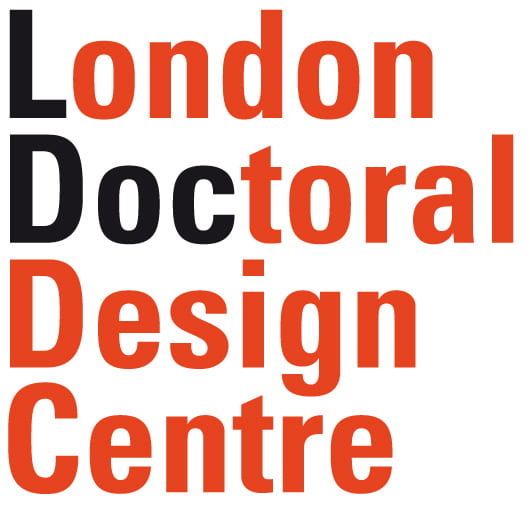
A current report published by the Tavistock & Portman NHS Foundation Trust advocates Long Term Psychoanalytic Psychotherapy (LTPP) rather than medications like antidepressants to support the recovery of Treatment-Resistant Depression (World Psychiatry, October 2015). Scientific evidence has clearly proved therapy can achieve better results than medication.
Whilst mental health is an increasing issue for UK communities, cutbacks restrict NHS services. Participatory programmes are responsive to this environment: established and promoted through a range of community services including mental health clinics, the programmes are a sustainable way for marginalised groups to address the medical and social issues that affect their citizenship whilst constructing and producing outcomes that are significant to them.
After rigorously researching the landscape of creative participatory programmes and their efficacy in delivering their objectives, I will design a methodological template to enable better mental health recovery. I will test, analyse and improve it whilst delivering two therapeutic participatory photography programmes to people accessing Cambridgeshire and Peterborough NHS Foundation Trust (CPFT) mental health services via Recovery College East, specialists in supporting mental health recovery. The programmes will be funded by CPFT, with whom I have an established relationship, and delivered collaboratively with its recovery college staff and service users.
For those experiencing symptoms, verbalising the issue of mental health is challenging: collaborating with other sufferers to construct relevant photographic images and self-images potentially opens up a non-verbal, non-stigmatised rhetoric within the therapeutic process.
The design and field-testing of the template aims to benefit a range of professional communities: The NHS, those involved in research and therapeutic environments and practitioners working within the field of participation. My explicit aim is to establish a sustainable peer support network for participants, to support their recovery, empower them and provide them with an ongoing, stable resource outside of the institution.
